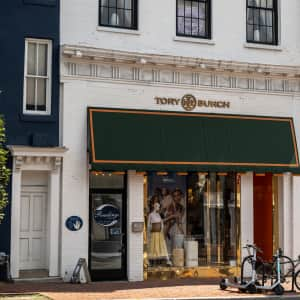Amazon's Cyber Monday runs Nov. 29–Dec. 1, 2025 (with Cyber Week deals all weekend), offering deep discounts across electronics, home goods, fashion, and more. Use Wish Lists, Alexa, and Prime tools to catch lightning deals, doorbusters, and the biggest brand markdowns.





